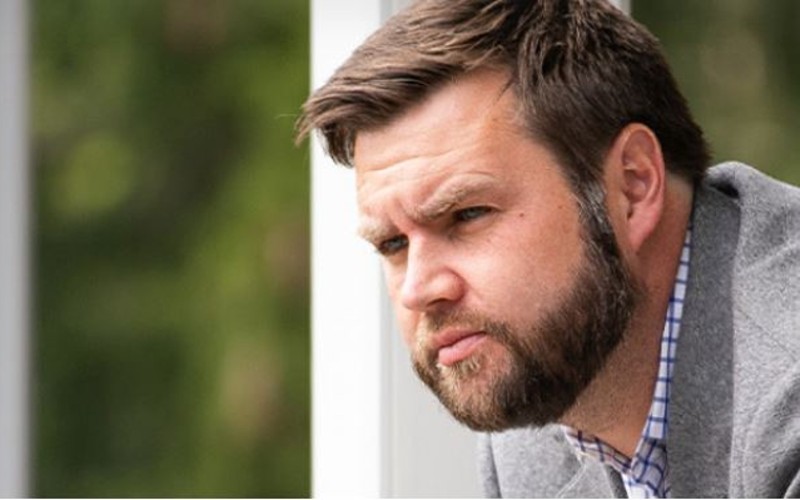Though the Secret Service has defended its security protocol at the Pennsylvania rally, Republican lawmakers have pledged to conduct a full investigation into how a 20-year-old gunman with no military or law enforcement experience was able to access a building 130 yards away from the podium and get off a half-dozen shots at the former president before counter snipers responded.
President Biden had reportedly directed an independent review of the security at the rally, and Department of Homeland Security Inspector General Joseph V. Cuffari said Wednesday his office has since opened an investigation into the Secret Service's handling of security for former President Donald Trump on the day a gunman tried to assassinate him.
Witnesses, including a local counter sniper, reportedly tried to warn agents and officers about the shooter's presence before he opened fire, and former Secret Service agent Dan Bongino has been asking why Trump was allowed to take the stage before the danger was addressed.
He has called Saturday's failure "catastrophic" and "apocalyptic" and thinks Director Kim Cheatle should have resigned immediately.
She has claimed that though they were aware of the security vulnerabilities, personnel were not positioned on top of the building whence the shooter opened fire because of a "sloped roof," despite images showing snipers set up on a sloped roof behind the former president's podium.
"That building in particular has a sloped roof at its highest point," she told ABC News. "There's a safety factor that would be considered there that we wouldn't want to put somebody up on a sloped roof, and so … the decision was made to secure the building from inside."
Greg Shaffer, who has 31 years' experience in law enforcement, including 20 years with the FBI, and now runs his own security company, says the Secret Service will learn many lessons throughout the coming investigations.

"Every presidential visit, or previous presidential visit … they always do an advanced team visit to the site," he tells AFN. "The advanced team usually arrives within five to seven days before the event, and I can assure you when they conducted their security vulnerability assessment that that building 130 yards away was probably designated as threat area number one. There is no way that anybody with any kind of experience would have missed the fact that that rooftop was a risk and that risk area needed to be mitigated."
U.S. Representative Cory Mills (R-Florida), an Army veteran and former State Department counter sniper whose job involved working with an advanced team to establish a perimeter and identify "areas of threat that you would be able to mitigate," recently told CNN the assassination attempt could have been prevented.
As he expects the Secret Service to be "under a microscope from here on out," Shaffer says there need to be changes in protocol.
"The RNC and the DNC and the inauguration are going to be very well covered, and the investigation, which is still ongoing, will definitely come out with some very critical analysis," he predicts. "They'll develop some lessons learned, and I'm sure they will alter their standard operating procedures on what happened and what went wrong."
One area of scrutiny, according to The Washington Times, is the Secret Service's focus on diversity hires.
Following the attempted assassination, President Joe Biden directed the U.S. Secret Service to protect independent presidential candidate Robert F. Kennedy Jr., and Trump's protection has been enhanced because of the “evolving nature of the threats to the former president” and his shift from presumptive nominee to nominee.














